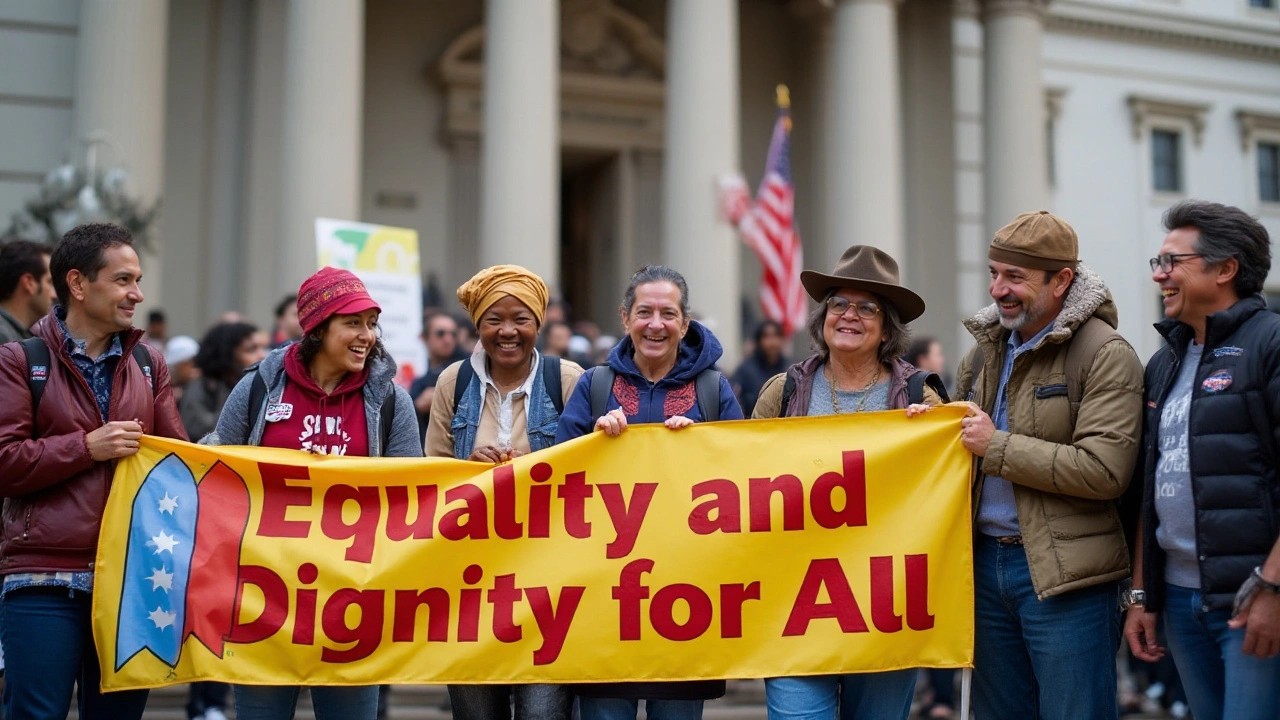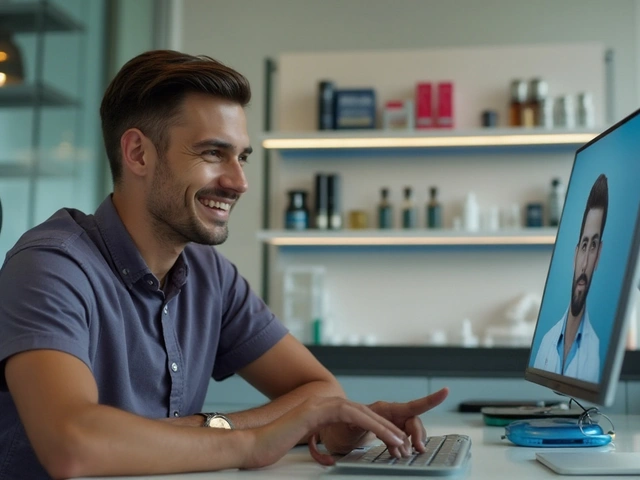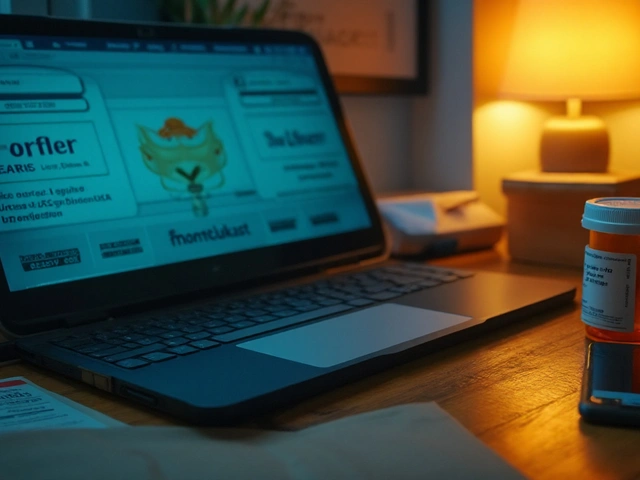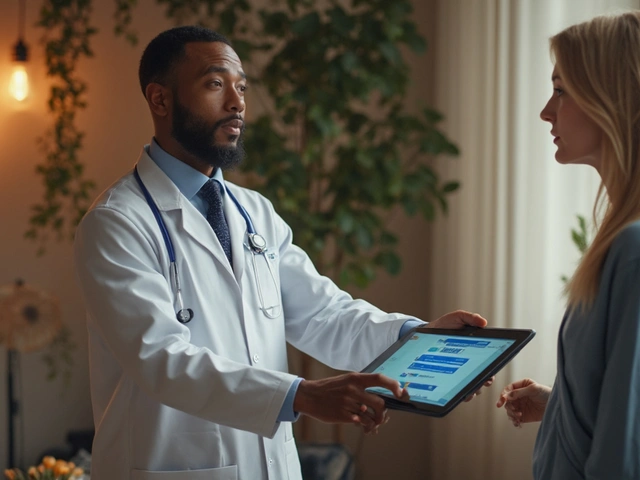Human Rights and Health: Why Access Matters
When you think of human rights, you might picture freedom of speech or voting. But health is a core right too. Everyone deserves safe medicines, honest information, and fair treatment from doctors and pharmacies. If you feel stuck because a drug is pricey or hard to get, you’re actually facing a rights issue, not just a shopping problem.
Your Right to Safe Medication
Every country has rules that say medicines must be safe, effective, and labeled correctly. Those rules exist because patients need to trust what they put in their bodies. If a drug is sold without proper checks, you could end up with side effects, wrong dosage, or even counterfeit pills. Knowing your right to safe medication helps you spot red flags: look for a licensed pharmacy, check the drug’s approval status, and ask for a prescription when it’s required.
Online pharmacies make it easy to order meds, but they also bring new risks. Before you click “buy,” verify the site’s credentials. Look for a physical address, a pharmacist’s contact info, and clear return policies. If a site promises a drug at a price that feels too good to be true, it probably is. Protecting your right to safe meds starts with a quick fact‑check.
How to Protect Your Health Rights
First, stay informed. NHYIP offers up‑to‑date guides on common medications, side effects, and how to talk to your doctor. When you know what a drug should do, you can catch mistakes early. Second, speak up. If a pharmacist can’t answer a question, ask for a manager or look for another pharmacy. Your health can’t wait for vague answers.
Third, use patient‑advocacy groups. Many charities and community groups specialize in pulling together information about drug recalls, price caps, and legal help. Joining a group gives you a voice and often access to free legal advice if you feel your rights are ignored.
Finally, keep records. Save receipts, prescription labels, and any communication with health providers. If you ever need to prove a medication was mishandled, those documents are your strongest evidence. A simple photo on your phone can become a crucial piece of proof.
Human rights in health aren’t just lofty ideas—they affect the everyday choices you make about medicines and care. By treating your health like a right, you push the system to stay transparent, affordable, and safe. Keep learning, ask questions, and never settle for a vague answer. Your health deserves the same respect you’d give any other human right.
This article delves into the intersection of leprosy and human rights, emphasizing the importance of advocating for equality and dignity for those affected. It explores the historical stigmatization of the disease, the progress in treatment and perception, and the ongoing efforts to uphold the rights of leprosy patients.
Continue reading





